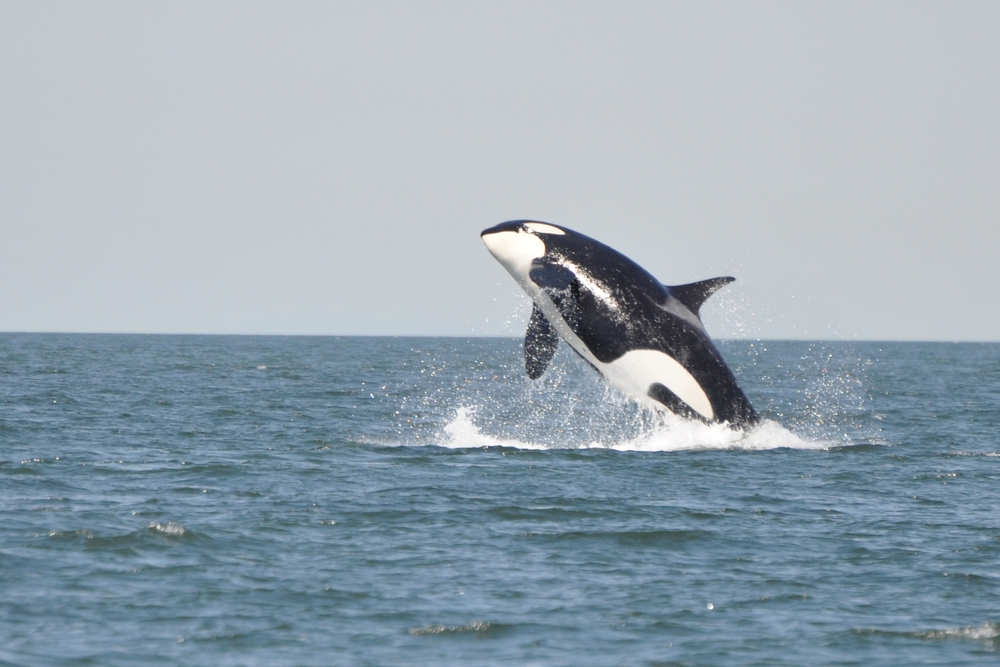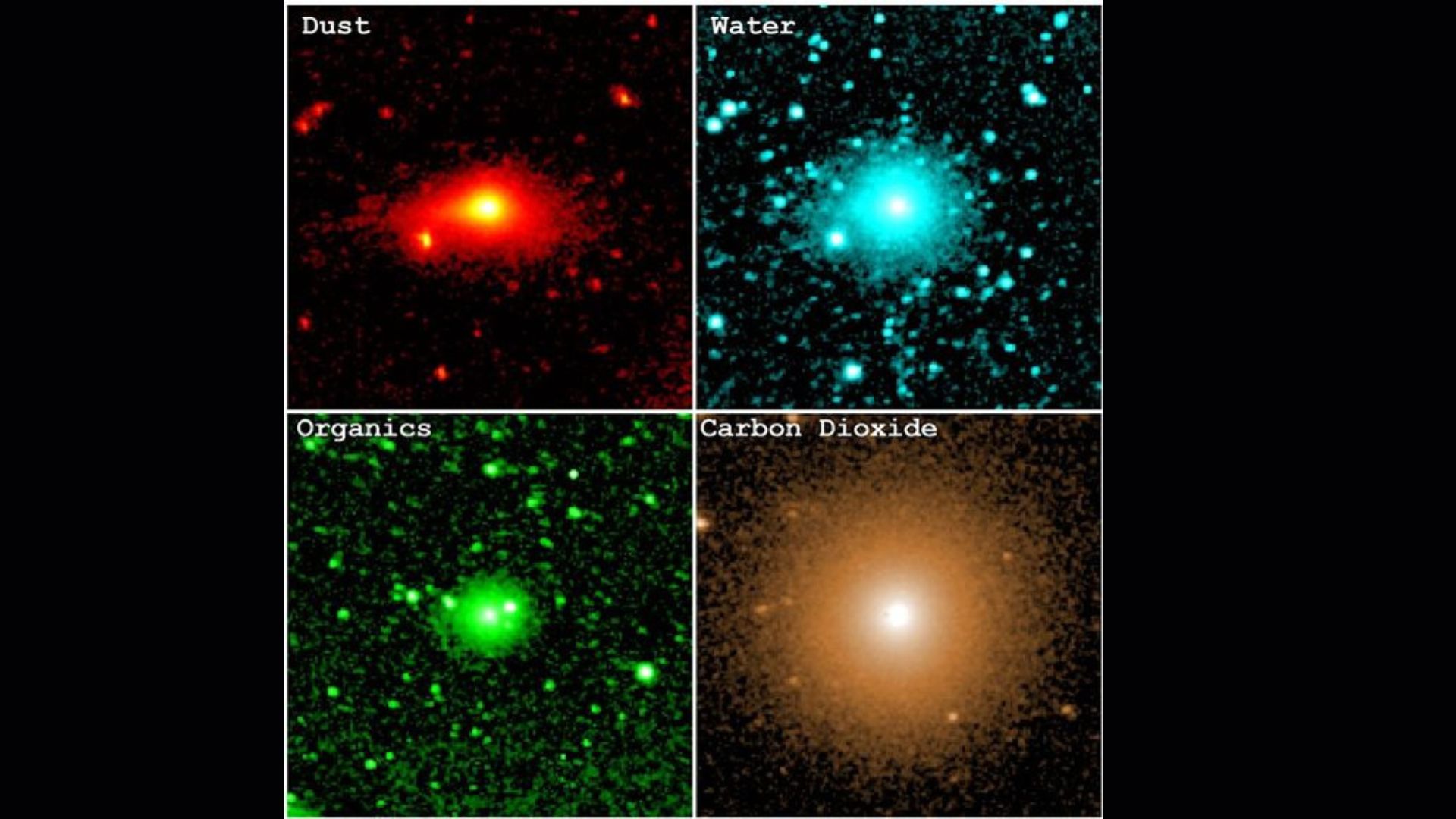
Biologist Gets Probation for Feeding Orcas

Get the world’s most fascinating discoveries delivered straight to your inbox.
You are now subscribed
Your newsletter sign-up was successful
Want to add more newsletters?

Delivered Daily
Daily Newsletter
Sign up for the latest discoveries, groundbreaking research and fascinating breakthroughs that impact you and the wider world direct to your inbox.

Once a week
Life's Little Mysteries
Feed your curiosity with an exclusive mystery every week, solved with science and delivered direct to your inbox before it's seen anywhere else.

Once a week
How It Works
Sign up to our free science & technology newsletter for your weekly fix of fascinating articles, quick quizzes, amazing images, and more

Delivered daily
Space.com Newsletter
Breaking space news, the latest updates on rocket launches, skywatching events and more!

Once a month
Watch This Space
Sign up to our monthly entertainment newsletter to keep up with all our coverage of the latest sci-fi and space movies, tv shows, games and books.

Once a week
Night Sky This Week
Discover this week's must-see night sky events, moon phases, and stunning astrophotos. Sign up for our skywatching newsletter and explore the universe with us!
Join the club
Get full access to premium articles, exclusive features and a growing list of member rewards.
Whatever you do, don't feed killer whales. A marine biologist pleaded guilty on Tuesday (April 23) to illegally feeding orcas in the Monterey Bay National Marine Sanctuary in Northern California.
Nancy Black, a researcher and co-owner of a whale watching business, was charged with a misdemeanor for her actions. "Once facing felony charges, a potential 25-year prison sentence and the loss of her license and research vessel, Black's plea agreement represented a huge step back by the Justice Department," the Santa Cruz Sentinel reported.
Black admitted to deploying chunks of whale blubber in two incidents in 2004 and 2005 to lure orcas to her boat to film them. The action might have changed the feeding habits of the killer whales, according to government scientists.
Feeding marine mammals in the wild is a federal crime that comes with a penalty of up to one year in prison and a $100,000 fine, according to the San Francisco Chronicle. Black was facing a more serious sentence because of the multiple infractions and because she was accused of doctoring video of one of the incidents and lying about it, the Sentinel noted.
Email Douglas Main or follow him @Douglas_Main. Follow us @livescience, Facebook or Google+.
Get the world’s most fascinating discoveries delivered straight to your inbox.
 Live Science Plus
Live Science Plus











